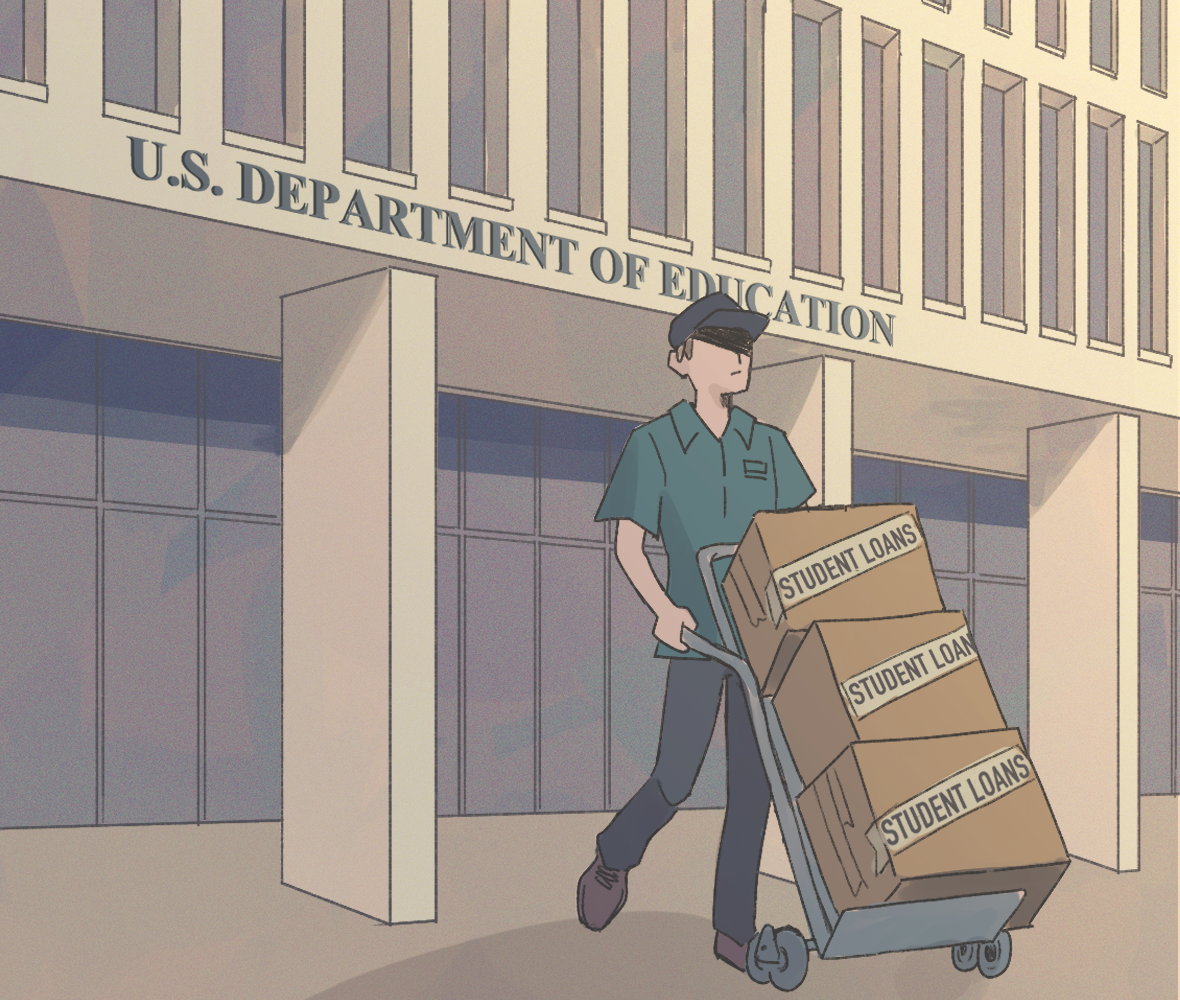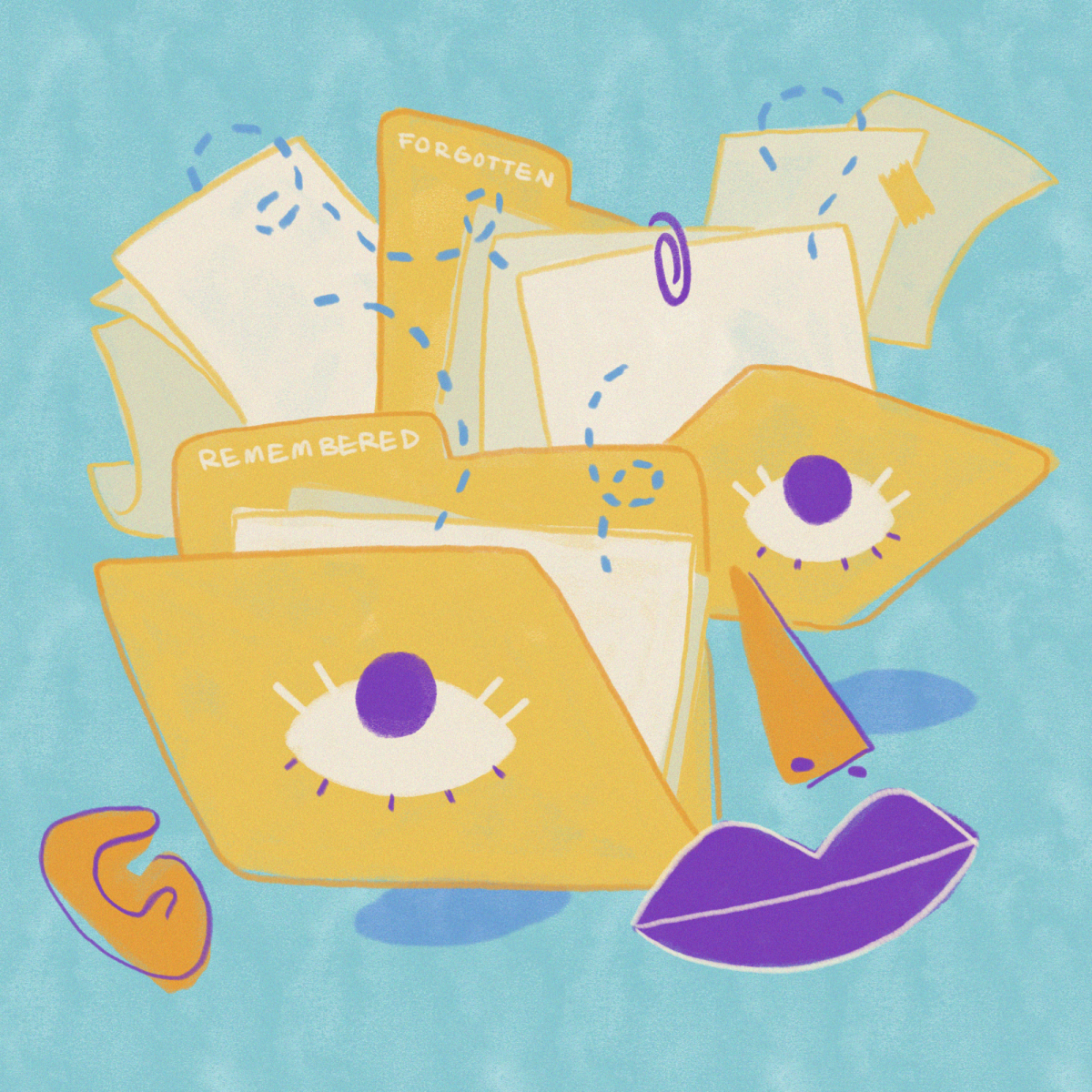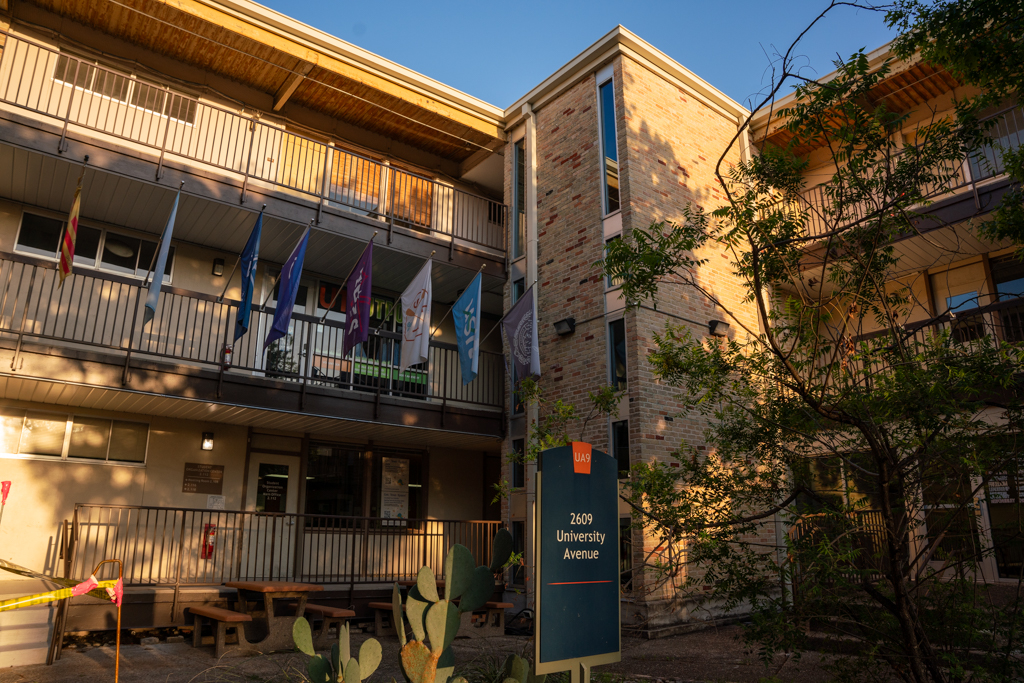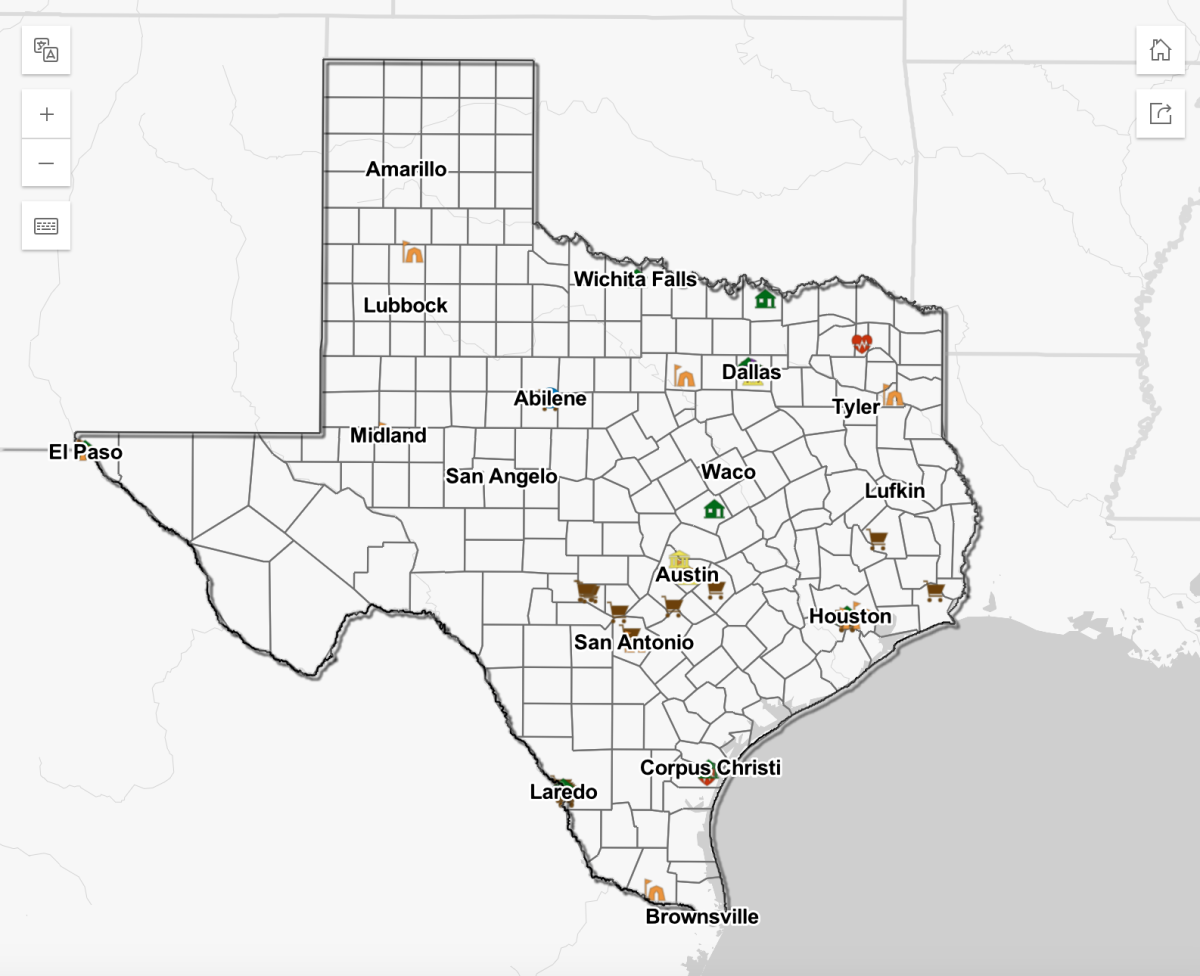Launched last fall as a pilot program, HornRaiser, the University’s own crowdfunding platform, helps students and faculty to fund small projects created by members of the UT community.
On crowdfunding sites, people can solicit donations to fund business ventures or charitable projects. Well-known crowdfunding sites, such as GoFundMe and Kickstarter, have helped fund independent movies, tech startups and independent musicians. According to Adrian Matthys, the University’s Annual Giving Programs director, HornRaiser is a solution for students and staff who wish to promote philanthropic ventures.
“We wanted to give [students and staff] an opportunity to raise their own funds and have those gifts stewarded and thanked in a way that is as seamless as possible,” Matthys said.
Online donors are given the option to donate in certain increments. A description is listed below the donation to inform the donor where the money goes.
Matthys said Annual Giving started a trial run for HornRaiser last fall with a few student-led projects. In order to participate, students have to apply and provide a one-sentence mission statement for their venture.
During the pilot program, students from Projects for Under-served Communities (PUC), a collaboration between the International Office, Cockrell School of Engineering and School of Social Work, launched a fundraiser on the site to improve municipal infrastructure in Nicaragua. They raised $5,495 through HornRaiser — 37 percent more than their goal of $4000 — to build handicap ramps, sidewalks and drainage ditches for low-income communities outside of the capital city of Managua.
“We had a lot of success with [the HornRaiser] pilot program, so we decided to try again,” said Fiona Mazurenko, public affairs specialist for the International Office.
PUC has raised $9,020 so far through HornRaiser for a project in Tanzania to build a new set of latrines for visually impaired students at an elementary school.
Sarah Rasheed, project manager the Tanzania PUC team and architectural engineering senior, said the team is working to develop the septic tank for the set of latrines.
“At first, the funds started coming in from friends and family,” Rasheed said. “And then out of nowhere, we received a $5,000 donation.”
Marsha Reardon, coordinator of student philanthropy and special campaigns, said the University Development Office offers fundraising training and helps teams develop their page on the site to promote their venture.
“We want these HornRaiser projects to illustrate to the world at large that not only are we changing the world in these huge ways, we’re changing the world one small project at a time,” Matthys said.





















